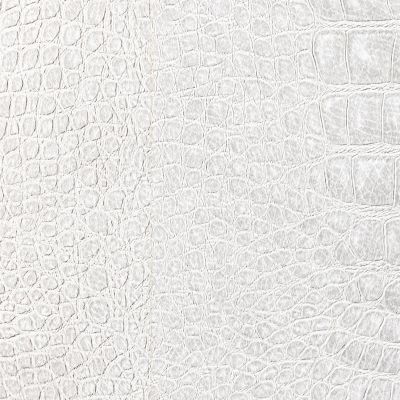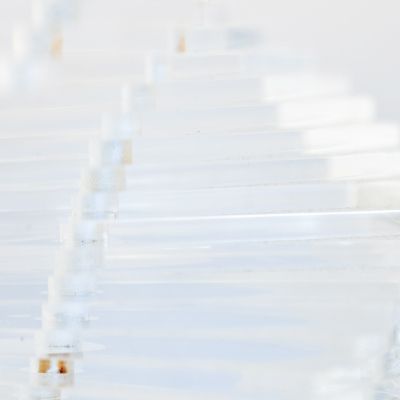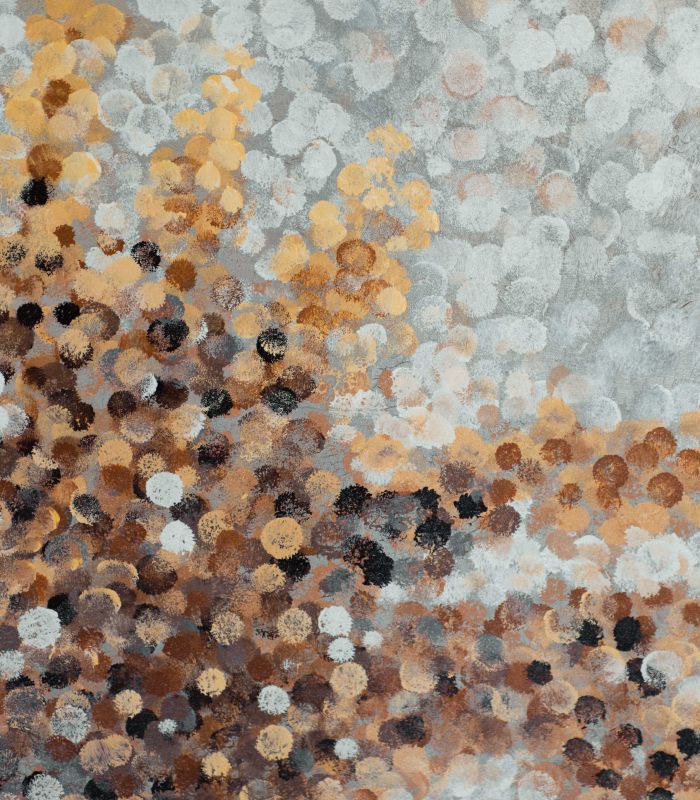Is Labiaplasty Right for You? A Guide to Costs, Benefits, and Realistic Expectations


Accessory Nipple in Beverly Hills can be removed in a quick outpatient procedure that involves a minimal incision that can boost your confidence in the future.
1 of 3

What to Expect
A third nipple is when you have an extra nipple in addition to your two regular nipples. Three or more nipples can also be referred to as supernumerary nipples. Extra nipples are also referred to as polythelia or polymastia. People with this condition may have up to eight nipples. Extra nipples are usually smaller than regular nipples. Extra nipples are formed when the embryo grows inside the mother’s uterus. They typically appear along the “milk line”, from the armpit to the groin.
The third nipple occurs around 4-5 weeks of development as an embryo. We don’t know what causes it but we do know that the baby’s breast tissue begins to develop from two lines along the mammary ridge (milk line) which goes from the groin to the breasts. Sometimes, a third nipple can develop along this line.
It is required to have an initial in-person consultation with Dr. Sheila Nazarian to discuss surgical removal, which is usually done as an in-office procedure. Once it is determined you’re fit to undergo the procedure and you have decided to proceed, you will be scheduled for surgery with Dr. Nazarian right in her Beverly Hills office.
It is a relatively quick outpatient procedure that involves minimal incision and removal of excess breast, fat and skin tissues. The whole procedure is done under local anesthesia and can be completed in less than 1 hour. Dr. Nazarian uses a meticulous technique to leave a minimal scar. The recovery process is straightforward with minimal downtime. Any post-operative swelling should subside in two weeks, and the results should be evident in six months or less.
A third nipple is when you have an extra nipple in addition to your two regular nipples. Three or more nipples can also be referred to as supernumerary nipples. Extra nipples are also referred to as polythelia or polymastia. People with this condition may have up to eight nipples. Extra nipples are usually smaller than regular nipples. Extra nipples are formed when the embryo grows inside the mother’s uterus. They typically appear along the “milk line”, from the armpit to the groin.

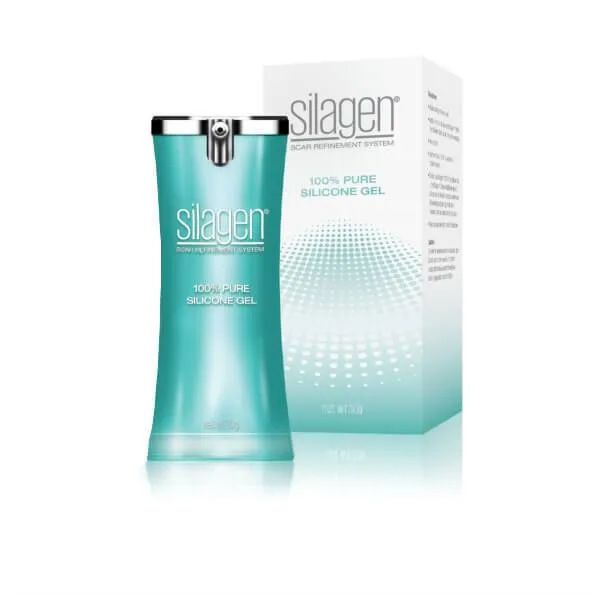
Silagen Silicone Scar Treatments are a revolutionary, physician-exclusive line of medical grade silicone scar treatment products created to dramatically reduce the appearance of scars. Don’t let your self-consciousness about scars keep you from living your best life. Stop hiding your scars with clothes and use Silagen silicone scar treatments to reduce their visibility for good.
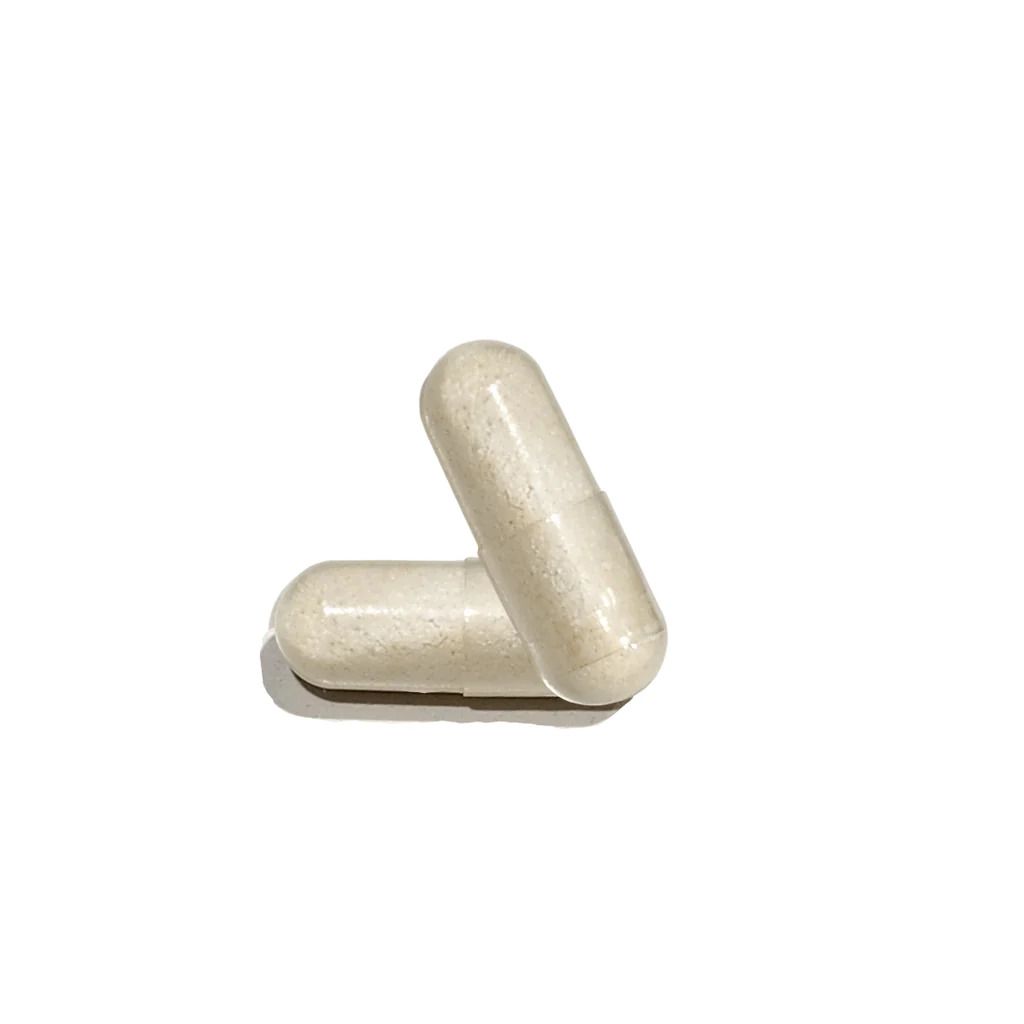
Arnica, Bromelain, and Vitamin K are widely used pre-procedure in the cosmetic surgery industry for their ability to help minimize bruising and swelling after a surgical or non-surgical procedure. Dr. Nazarian recommends starting 1 month before surgery with 2 pills a day and continuing for 2 weeks after surgery.
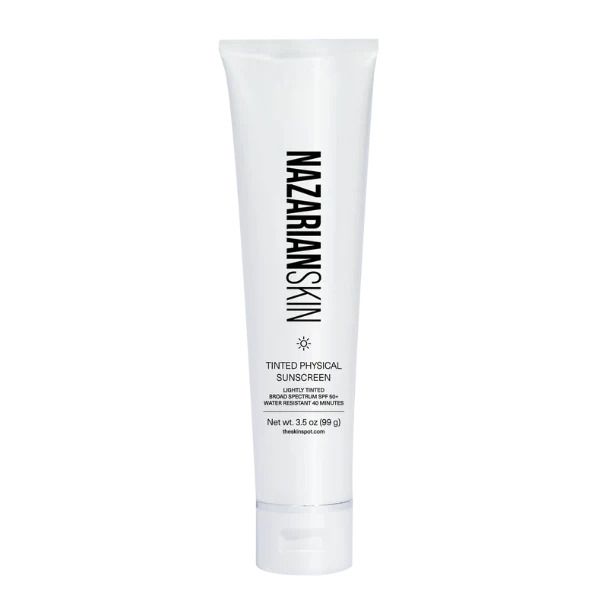
NazarianSkin Tinted Physical Sunscreen is a mineral, broad spectrum SPF 50+ sunscreen is a lightweight, tinted formula excellent for very sensitive and post-procedure skin types. Chemical free actives and enhanced antioxidant protection to combat skin aging free radicals associated with ultraviolet (UV) and infrared radiation (IR).

Silagen Silicone Scar Treatments are a revolutionary, physician-exclusive line of medical grade silicone scar treatment products created to dramatically reduce the appearance of scars. Don’t let your self-consciousness about scars keep you from living your best life. Stop hiding your scars with clothes and use Silagen silicone scar treatments to reduce their visibility for good.
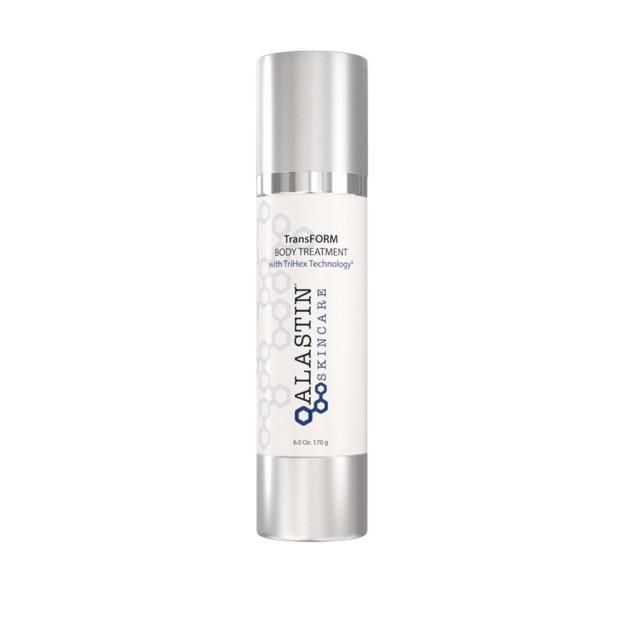
Alastin TransFORM Body Treatment was developed to optimize your results when used after fat reduction treatments and it is also used to improve skin quality when used on its own. It has been proven to help accelerate body fat reduction, enhance skin tightening procedure results, and improve skin texture, firmness and crepiness.
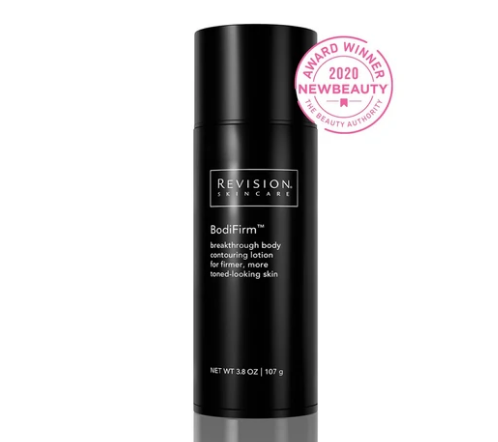
NEW! BodiFirm™ - Because skin on the body is fundamentally different from skin on the face and décolletage, we created BodiFirm™, the first Revision Skincare product specifically formulated to address skin concerns on the body. This clinically-proven formula with patent-pending iFirm™ Technology was designed to help visibly firm, tighten and lift sagging, crepey skin in order to sculpt and tone the body.
Dr. Nazarian and her team’s goal with every procedure is to make you as comfortable as conceivably possible. For most surgical procedures, she likes her patients to increase their protein intake both before and after surgery. She has found that this really helps to jump-start your recovery so that you heal faster. She does not recommend dieting either before or after surgery. Medical-grade arnica, bromelain, and Vitamin K should also be started one month before surgery. These are available in the office.
If you want to make positive changes to your appearance while boosting your self-confidence, this is the right place for you. Nazarian Plastic Surgery has a team of highly experienced and caring professionals ready to help you achieve your goals. Our team includes a Board Certified Beverly Hills Plastic Surgeon, Registered Nurse, and Aestheticians who are committed to providing you the safest and best in plastic surgery and non-surgical procedures.
Finally, at Nazarian Plastic Surgery we have an on-site, state-of-the-art surgical facility, as well as modern and comfortable out-patient treatment suites. These added benefits help ensure that we meet our goal of achieving the most natural-looking and optimal results, while always keeping your safety first.
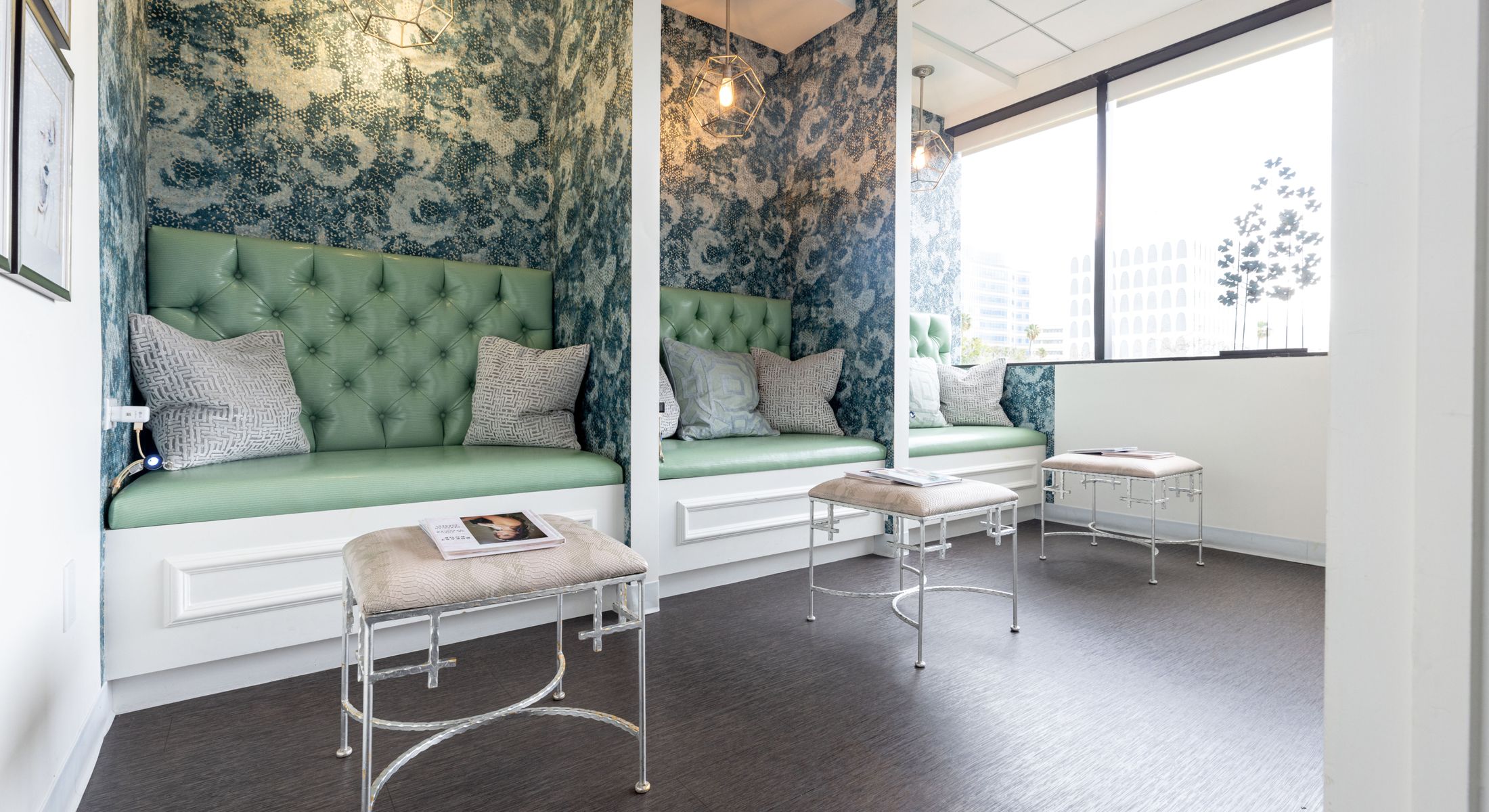
If you would like more information about this procedure, please call Nazarian Plastic Surgery at (310) 773-3039 or request a consultation today. Dr. Nazarian will discuss your options and help determine a procedure plan that is right for you and achieve your aesthetic goals.
Often mistaken for moles, Accessory Third Nipples develop in utero during the fourth week of pregnancy. At that time, the fetus’s milk lines regress and turn into nipples. Sometimes the tissue fails to completely recede, and the result is at least one extra nipple.
Like regular breasts, supernumerary nipples respond to the hormonal changes associated with puberty and childbirth. Supernumerary nipples tend to become tender and enlarge before menstruation and can produce milk after pregnancy. Cysts, abscesses, mastitis, and breast cancer are also possible in supernumerary nipples.
Contact your health care company before you see a doctor. Some insurance companies cover Accessory Third Nipple Removal making the procedure no more than a co-payment for an office visit. However, if the surgery is considered cosmetic, it can run up to $500.
No, having a third nipple isn’t bad. Usually, it’s not a sign of any serious health issue. It’s also easily removed in a quick surgery. If you have a third nipple that’s lactating or causing you pain, contact your doctor. They may suggest surgery or some other form of treatment. Let your doctor know immediately if the third nipple develops a rash, hard tissue, or any new lumps. You should also notify your doctor right away if you notice the nipple leaking abnormal discharge.
In most cases, there is no medical reason to have your third nipple removed. It usually doesn’t indicate that there is a serious issue or causes any medical conditions. People who get extra nipples removed to do so primarily for cosmetic reasons. If you choose to have your third nipple removed, you will undergo a noninvasive outpatient procedure that is pretty painless. You also will have a short recovery time.
Isolated third nipples can be removed using a simple procedure similar to that used to remove a mole. Your doctor first needs to determine if the third nipple is connected to breast tissue. Then, they can decide what procedure is necessary and what the cost will be.
Polymastia refers to three or more breasts. These can appear as an extra nipple or a fully-formed—and functional—breast. Sometimes, polymastia appears like a breast complete with a nipple but no areola. The third breast may also appear as a breast with an areola but no nipple. It can also appear as breast tissue with no nipple or areola.
In rare cases, polythelia can be a sign that you have a malignant tumor or congenital breast defect. It may also be a sign of breast cancer. Polythelia can also be associated with serious kidney conditions such as end-stage renal disease. It may also be a sign of cancer of the kidney cells. Extra nipples that are not connected to breast tissue may also be at higher risk of developing Paget’s disease of the nipple, a rare form of breast cancer where cancer cells are located on the areola and the nipple’s surface.
Extra nipples can be hereditary but are usually just random occurrences. They are more common in men than in women. Polythelia is one of the more common mammary tissue birth defects. Black people are more likely to have polythelia than white people, as well. It’s also associated with congenital diseases, such as urologic malformations or urogenital malignancies.
A third nipple on an infant usually looks like a small tan or brown freckle located somewhere on the stomach. It is typically located on a vertical line beneath the regular nipple. If you notice your baby has a third nipple, contact the pediatrician, especially if they have additional symptoms.
Nipples should be located at the center of each breast. The nipples are connected to the mammary glands, which produce milk in women. Interestingly, during one study 1,000 men and 1,000 women were interviewed to determine the preferred nipple-areola location. The study concluded that both men and women prefer nipples to be “in the middle of the breast gland vertically and slightly lateral to the midpoint horizontally.”
